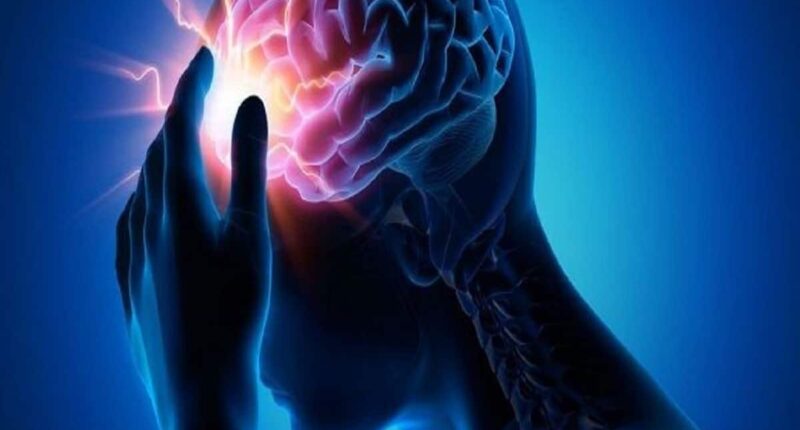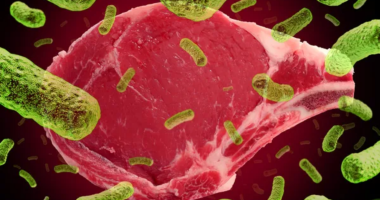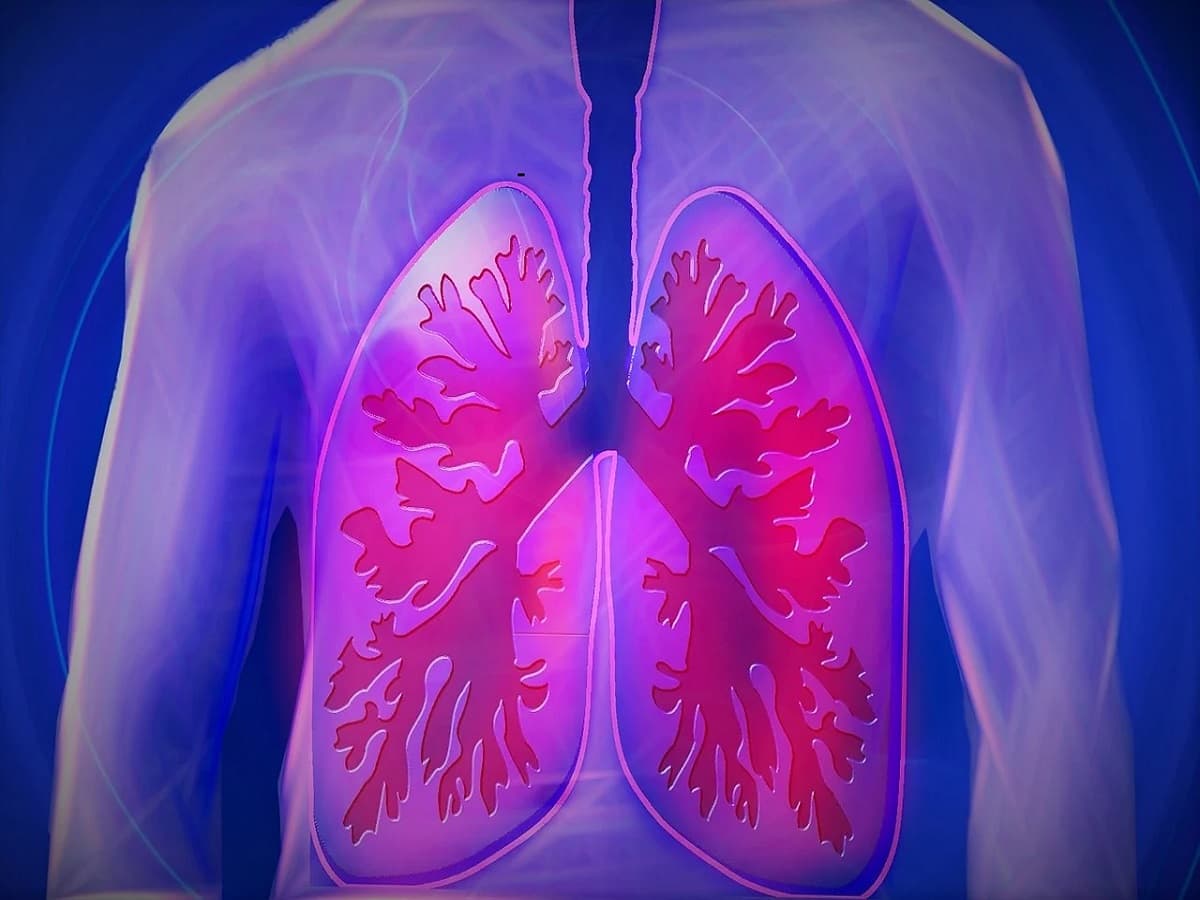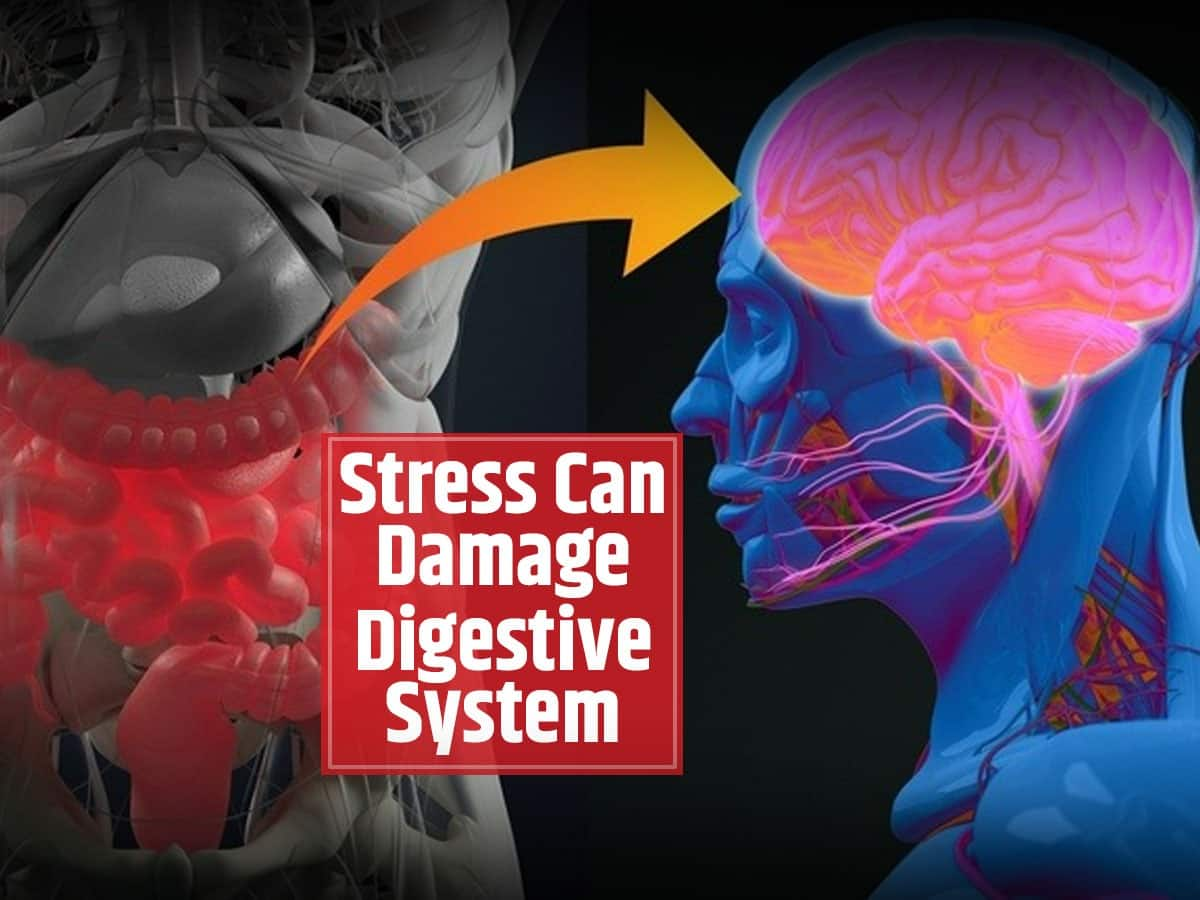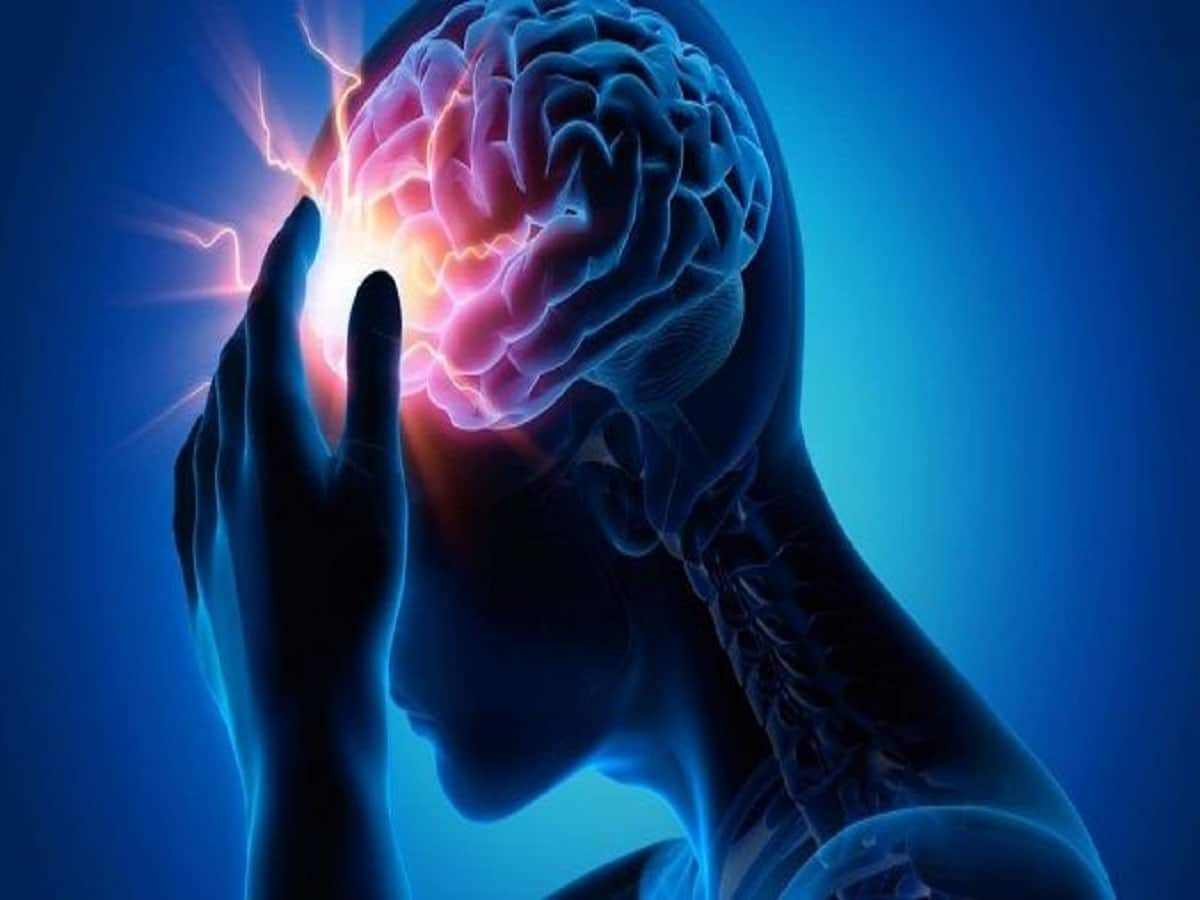 Transient Ischemic Attack – A transient ischemic stroke usually happens when there is a reduced blood supply to the brain for a short period – The main difference between a TIA and a stroke is that the former lasts for just a few minutes and the clot gets pushed along like a temporary clog in the pipeline
Transient Ischemic Attack – A transient ischemic stroke usually happens when there is a reduced blood supply to the brain for a short period – The main difference between a TIA and a stroke is that the former lasts for just a few minutes and the clot gets pushed along like a temporary clog in the pipeline
Many times, a stroke won’t strike you immediately. It might warn you with false alarms. Sometimes, a major stroke might be preceded by similar short episodes that might mimic the condition but unlike the stroke, they are short-lived and in most cases don’t cause much physical harm. However, they often come as red flags that warn of a future big event where the person can experience a life-threatening stroke. Hence, the cause of these mini-strokes must be rectified at the earliest.
Called transient ischemic attack, TIA is very much a medical emergency. It is defined as a temporary episode of neurological dysfunction without any damage to any tissue. The condition though seems not that life-threatening but it needs immediate medical intervention and the root cause of the temporary attack has to be tackled immediately before the stroke re-occurs. A TIA is a warning sign that you might experience a full stroke in near future. The risk is highest in the days and weeks to come after the mini-stroke.
What happens during a TIA?
A transient ischemic stroke usually happens when there is a reduced blood supply to the brain for a short period. Usually, a mini-stroke won’t be longer than a few minutes but it still counts for a medical emergency. However, the event doesn’t exist long enough to cause any permanent physical damage. The cause of this condition could be atherosclerosis (fatty deposits in the arteries), blood clots, an air bubble in the bloodstream, irregular heart rhythm and others.
No way to tell if its TIA or Stroke when it begins
As per experts, when a TIA begins, it mimics a stroke. At this stage, it is difficult to make out whether it is temporary or not. However, if it’s a mini-stroke, the person must be fine after a few minutes have passed. The symptoms of TIA depend on what part of the brain gets affected. Signs to look out for in a TIA-affected person remain the same as that in a stroke. The F-A-S-T rule must be kept in mind while assessing whether a person had a stroke or not-
- F (face)- Notice if there is a droop in the face, especially on one side. Look if the person can smile properly or not
- A (Arms)- Notice any kind of weakness in the arms or inability to keep one or both arms raised
- S (speech)- Look for signs if the person has slurred or garbled speech
- T (Time)- If the person shows any one of the symptoms, save time and call for an ambulance straight away.
There are other symptoms that might also occur such as-
- Sudden numbness or weakness in one side of the body
- Sudden confusion
- Blanking out
- Difficulty understanding what others are saying
- Poor coordination
- Loss of consciousness
- Sudden loss of memory
Just a trailer
The main difference between a TIA and a stroke is that the former lasts for just a few minutes and the clot gets pushed along like a temporary clog in the pipeline. There isn’t any physical damage to any tissue. In a stroke, the clot is not that movable and stays in a place for a long to damage the tissues and sometimes cause irreversible damage.
How to diagnose it?
Since the damage caused by TIA is not that profound, it has to be reported to your attending doctor at the earliest. In some cases, the person might not have a complete memory of what just happened to them, so anyone who was with them when the stroke happened must help them describe the symptoms to the doctor. Among some immediate tests that could follow are arteriography, blood tests, blood pressure tests, echocardiography or electrocardiogram. Home Page
